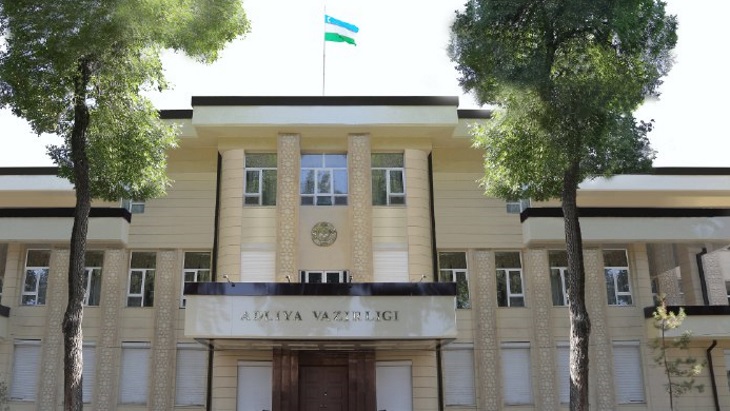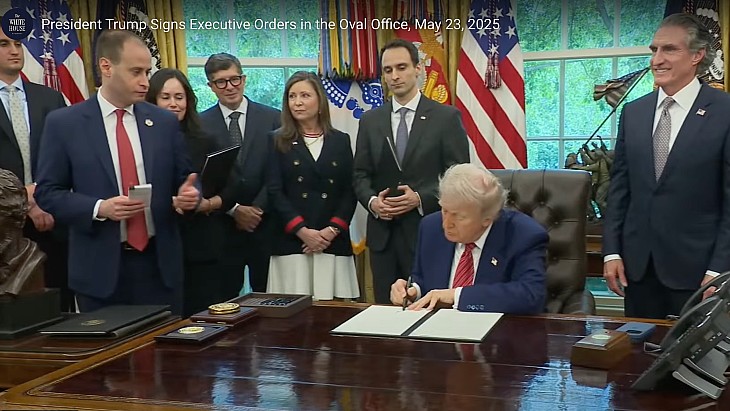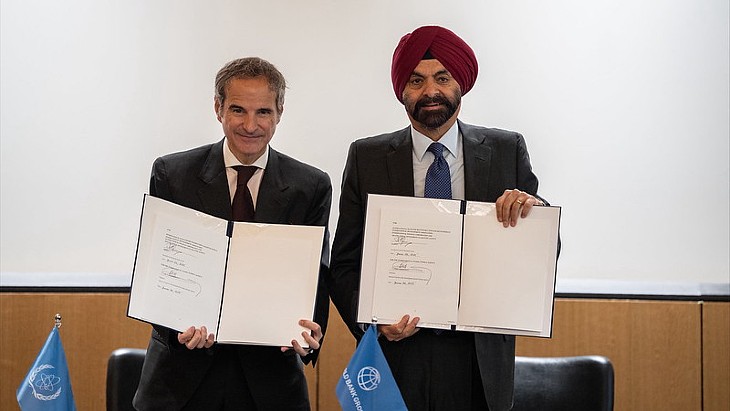Uzbekistan formulates training plans for nuclear

The ministry notes that about 100 young Uzbek nuclear energy professionals are studying at the Moscow Engineering Physics Institute (MEPhI), which in September established a college in Tashkent, where an additional 100 students have already been enrolled. MEPhI Tashkent offers free tuition in exchange for a commitment to work for five years at UzAtom or at the Nuclear Physics Institute of the Uzbek Academy of Sciences.
It also said that master's degree programmes in nuclear energy disciplines had been launched at the National University of Uzbekistan and Samarkand State University, along with specialist nuclear energy training at the Tashkent State Technical University. At the same time, the ministry said, bachelor degree-level education will be expanded at MEPhI Tashkent.
According to the government's HR strategy, personnel for the future operator organisation of the planned nuclear power plant will be trained in four stages and in the following areas: senior management; operation and maintenance; technical support; and administration. Future employees of the nuclear power sector will receive funding from the Atomic Energy Development Fund, the ministry said.
Uzbekistan and Russia signed an intergovernmental agreement on cooperation in the use of nuclear energy for peaceful purposes in December 2017, and in September 2018 a further agreement was signed for the construction by Rosatom of two VVER-1200 reactors. The engineering, procurement and construction contract is expected to be signed with Rosatom subsidiary Atomstroyexport by the end of this year; a site licence to be granted in 2020; first concrete to be poured in 2022; and the two units to be commissioned in 2028 and 2030, respectively. In May this year, Rosatom and UzAtom signed a contract to perform engineering surveys for the planned units, and in July Energy Minister Alisher Sultanov announced the country wants to build four units and not just two as previously stated.









..._58412.jpg)

